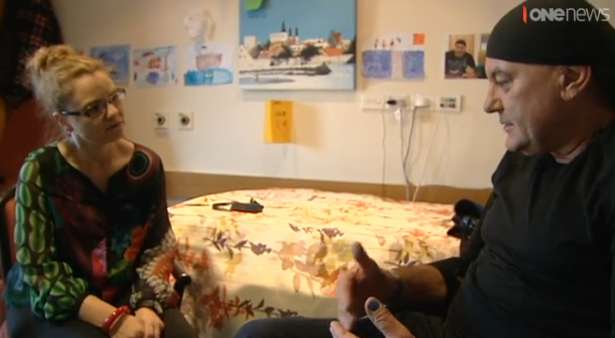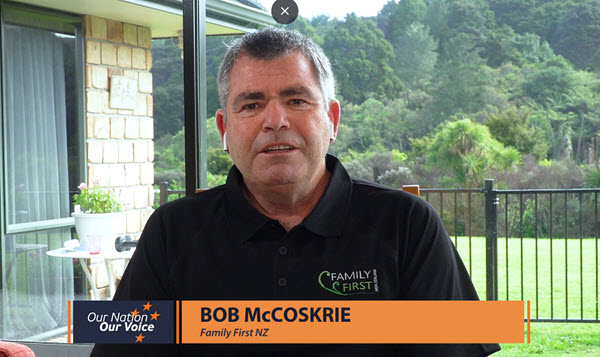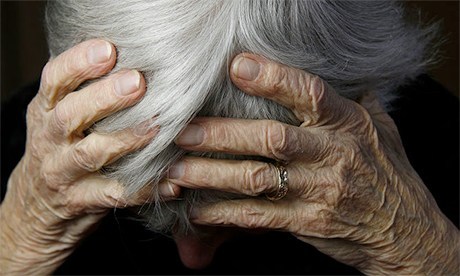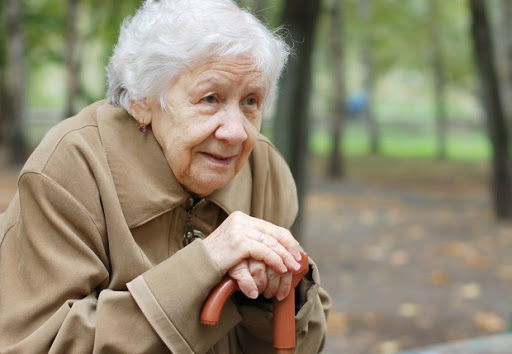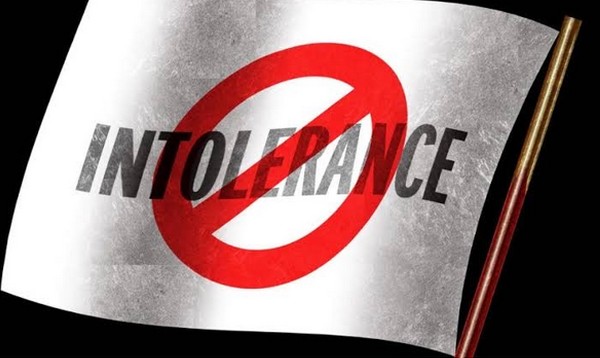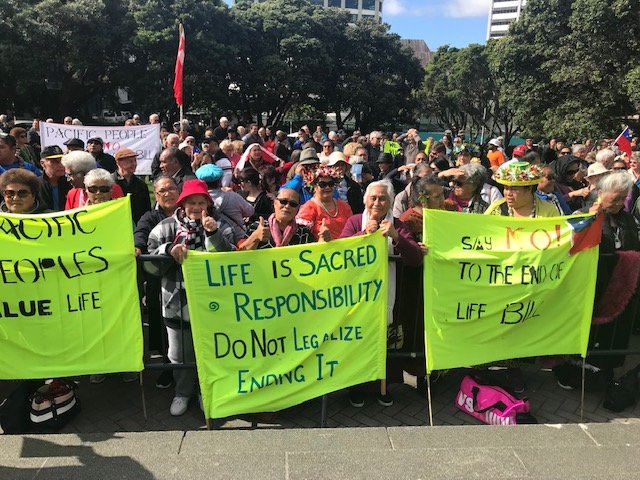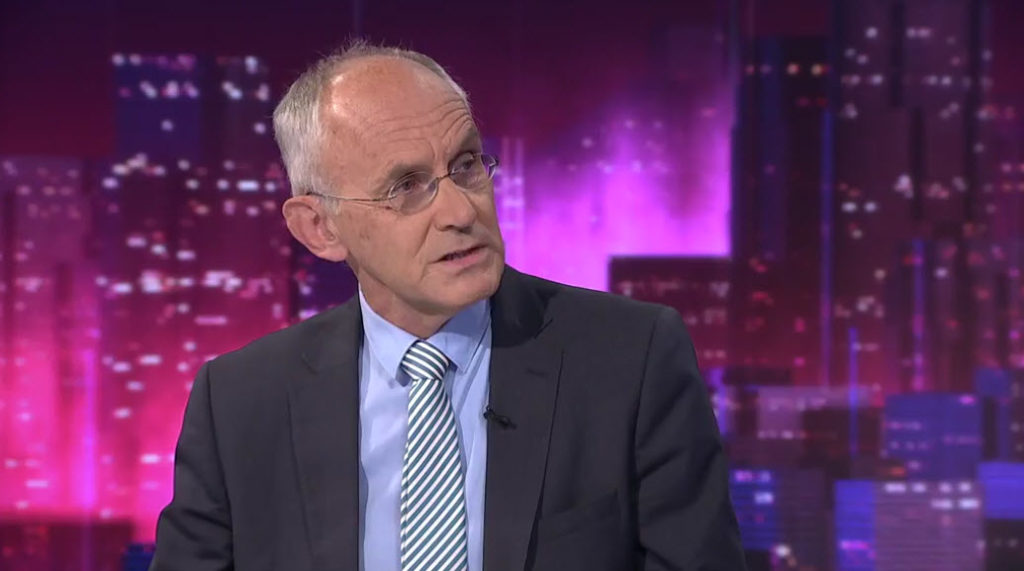Grant Avery was New Zealand’s ‘Risk Management Professional of the Year’ 2017, and is the author of ‘Project Management, Denial, and the Death Zone’ (foreword by Sir Ranulph Fiennes), an award-winning book on the causes and reduction of risk in high-risk projects. Avery is Principle Consultant for Outcome Insights, a company advising private and public sector organisations on reducing risk and failure in projects, and on strengthening project governance. Prior to starting his own consulting practice Avery was Director Project Advisory for KPMG in Wellington. Avery has an MBA with Distinction from VUW and lives with his wife Melanie and their two children north of Wellington city.
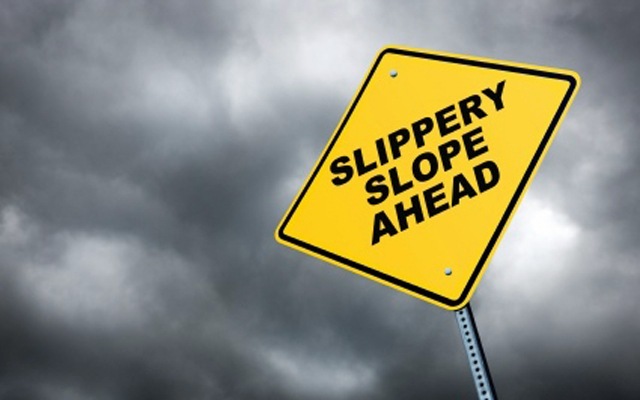 The claim by some in the Euthanasia debate that there is no Slippery Slope – i.e. no need to worry about society widening the criteria for euthanasia in future years – is strongly contradicted by an area of academic and applied risk management called Risk Homeostasis Theory.
The claim by some in the Euthanasia debate that there is no Slippery Slope – i.e. no need to worry about society widening the criteria for euthanasia in future years – is strongly contradicted by an area of academic and applied risk management called Risk Homeostasis Theory.
Risk Homeostasis Theory states that when a person becomes comfortable with the risks of the status-quo (for example a recent law change…) they will engage in more risky activities to compensate for their new found comfort. ‘Comfort’ is the key word. In corporate risk management it is called ‘Risk Appetite’. What level of risk are you comfortable taking? That is your Risk Appetite.
Risk Homeostasis (also known as Risk Compensation) was widely researched by the late Professor Gerald J.S. Wilde, Ph.D., Professor Emeritus of Psychology[1], and is summarised in his book “Target Risk 3; Risk Homeostasis in Everyday Life”[2].
Examples of Risk Homeostasis include people driving faster once they have become comfortable driving at a lower speed, and climbers climbing ever more-challenging mountains. Mount Everest is littered with the bodies of the victims of personal Risk Homeostasis.
Risk Homeostasis also under-pinned NASA becoming more and more comfortable with perceived ‘minor-issues’ occurring during shuttle launches[3] (resulting in the loss of two shuttles (1986, 2003) and 14 astronauts.)
The Netherlands is a good example of Risk Homeostasis and the Slippery Slope at work in euthanasia law. First introduced there in 2001[4], the Netherlands allowed euthanasia for children as young as 12 years old. In 2005 the Netherlands moved to change the law to include euthanasia for infants. Recently an MP in the Netherlands has submitted a bill for a law to offer state help to die for healthy over-75s who are simply ‘tired of life’[5].
Within the Netherlands concerns are growing about euthanasia and the slippery slope. The Australian Daily Mail recently reported “A champion of the Dutch euthanasia system has admitted that British critics are right to warn that assisted dying is a slippery slope to ‘random killing of the defenceless’.”[6]
In a recent article[7] New Zealand Lawyers Catherine Marks and Colin Gavaghan suggested that the Slippery Slope cannot happen in euthanasia law in New Zealand because law goes through ‘a parliamentary process’. Parliamentary processes do not prevent risk homeostasis though – they are the very vehicle by which risk homeostasis occurs. One law-change at a time.
As well as time spent in the status quo, the comfort which enables risk homeostasis is also created by silencing the voices of people who have concerns.
A significant development here for the EOLC Act is the removal of the final decision on the Act from the hands of Parliament (who were briefed about the concerns (and to a lesser extent the hopes) of the over 38,000 people who made submissions to the Select Committee) and the passing of that decision to a general public who have little awareness of what the 38,000 said.
The Government has made no effort to actively promote the report of the Select Committee hearings – the summary of the views of the 38,000 – to New Zealand’s general public.
This delegation of such an important decision to the general public is unprecedented. The Hon Justice Mallon in her June 2020 decision[8] for Hospice NZ described it as ‘…a unique constitutional situation in this country, if not the Commonwealth, in Parliament having assigned the final step in the law-making function to the electorate via a binding, binary, referendum’.
Some claim that Parliament heard the findings of the Select Committee – i.e. heard the voices of the 38,000 – debated the Act, passed it, and have now simply forwarded the Act to the public for endorsement.
But that’s not what happened. A number of Parliamentarians voted to support the Act in exchange for the public being allowed to decide it, not as a final endorsement. The Parliamentary vote on the Act consequently did not benefit from the quality of debate or consideration it normally would have.
This explains, at least in part, why New Zealand’s EOLC Act contains few of the safeguards we see in the euthanasia laws of other countries (for example proactive or independent tests for depression and coercion.)
To take the final decision on the EOLC Act from the informed hands of Parliament, and pass it to the uninformed hands of the public, is analogous to taking a court decision from the hands of an attentive jury and passing it to the hands of a sleepy public gallery. How should we expect a sleepy public gallery to respond to the question ‘Do you support choice?’ when they have neither heard, not had promoted to them, a summary of the evidence for and against that question?
It is not just a risk that New Zealand may slip down euthanasia’s Slippery Slope if this law is passed, it is a scientific given. And who knows where 30 years of euthanasia law reform, one step at a time, might take us.
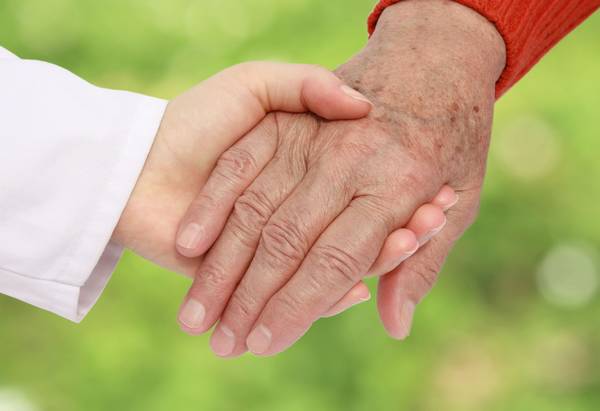

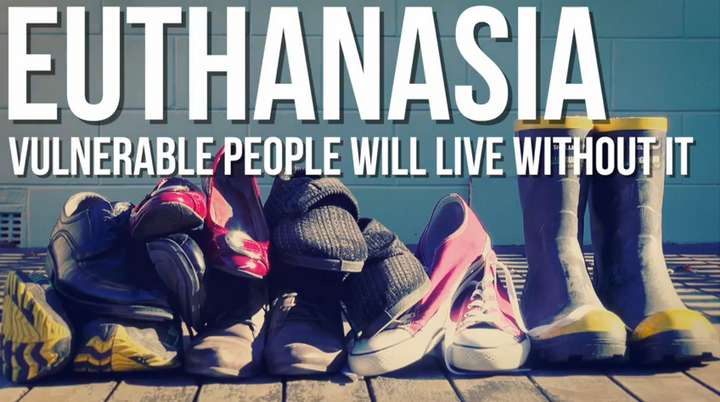

 The claim by some in the Euthanasia debate that there is no Slippery Slope – i.e. no need to worry about society widening the criteria for euthanasia in future years – is strongly contradicted by an area of academic and applied risk management called Risk Homeostasis Theory.
The claim by some in the Euthanasia debate that there is no Slippery Slope – i.e. no need to worry about society widening the criteria for euthanasia in future years – is strongly contradicted by an area of academic and applied risk management called Risk Homeostasis Theory.